US Conference Board Consumer Confidence rose to 129.1 in July, up from 128.9, above expectation of 123.9. Present Situation index rose from 159.6 to 160.3. Expectations index ticked lower from 108.5 to 108.4.
Consumer confidence was flat in July but remains at its highest level since February 2020 (132.6),” said Lynn Franco, Senior Director of Economic Indicators at The Conference Board. “Consumers’ appraisal of present-day conditions held steady, suggesting economic growth in Q3 is off to a strong start. Consumers’ optimism about the short-term outlook didn’t waver, and they continued to expect that business conditions, jobs, and personal financial prospects will improve. Short-term inflation expectations eased slightly but remained elevated. Spending intentions picked up in July, with a larger percentage of consumers saying they planned to purchase homes, automobiles, and major appliances in the coming months. Thus, consumer spending should continue to support robust economic growth in the second half of 2021.”


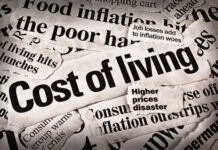

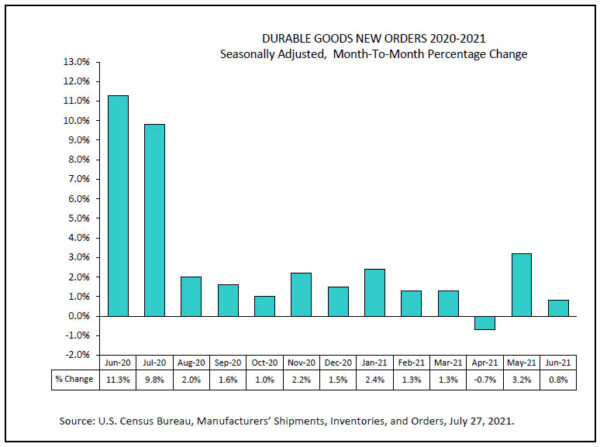
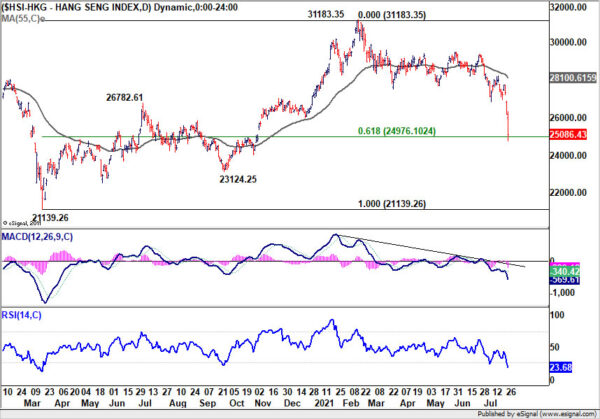
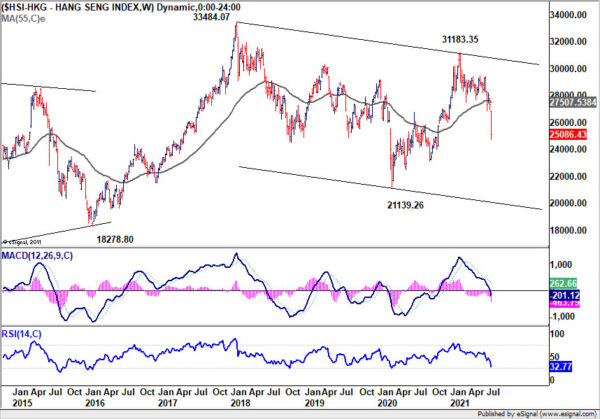
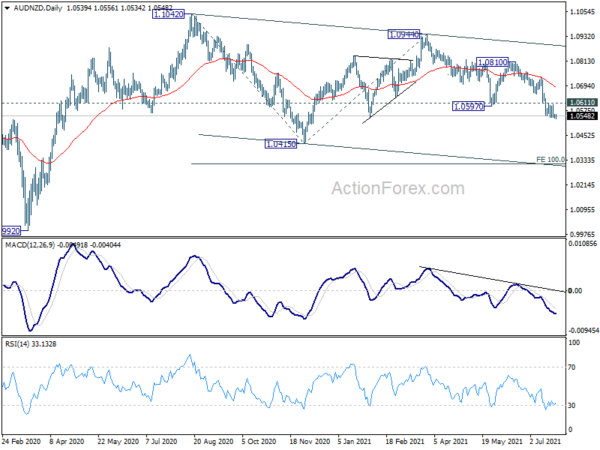
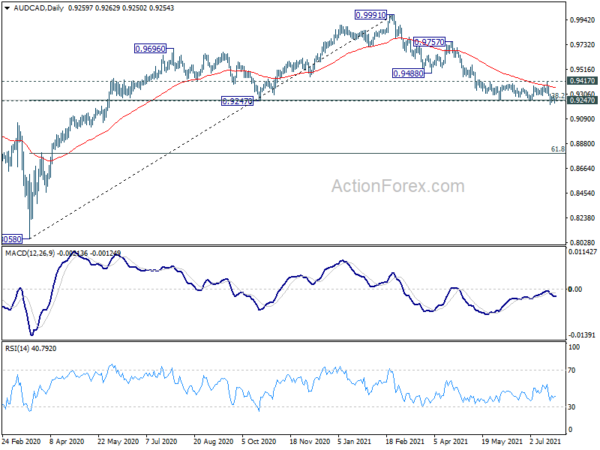
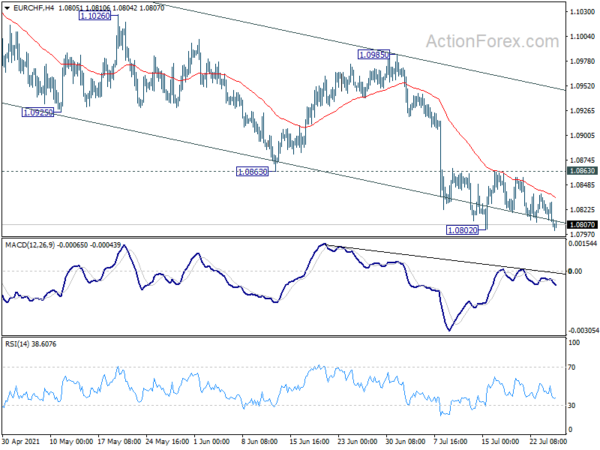
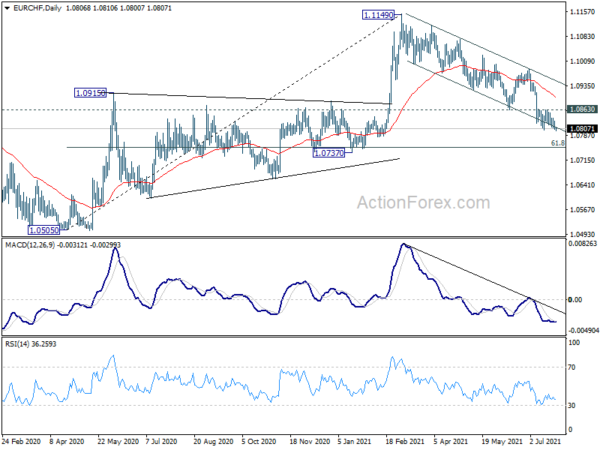
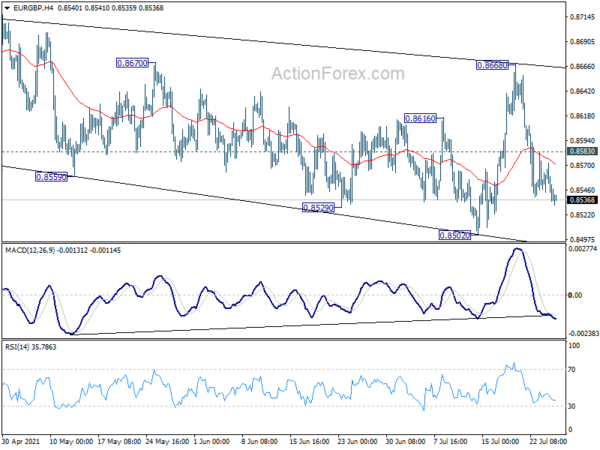
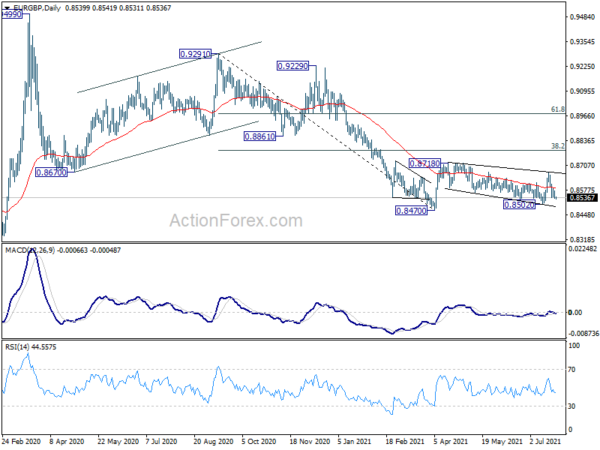
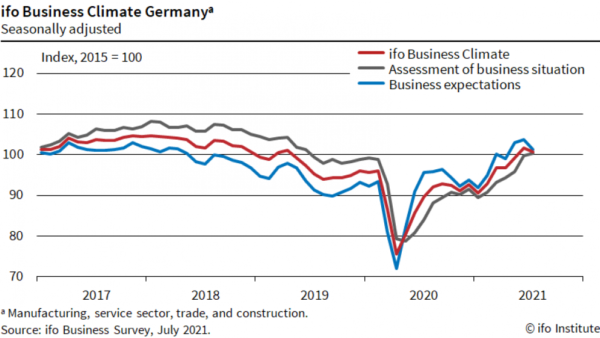
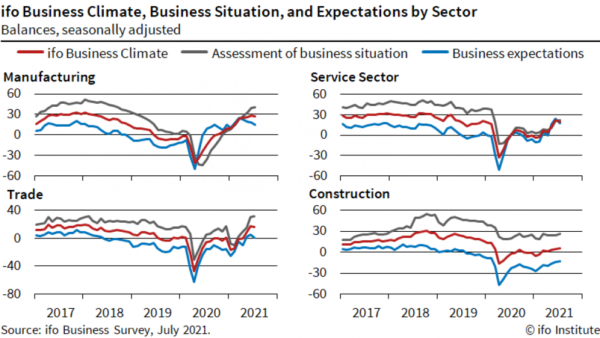
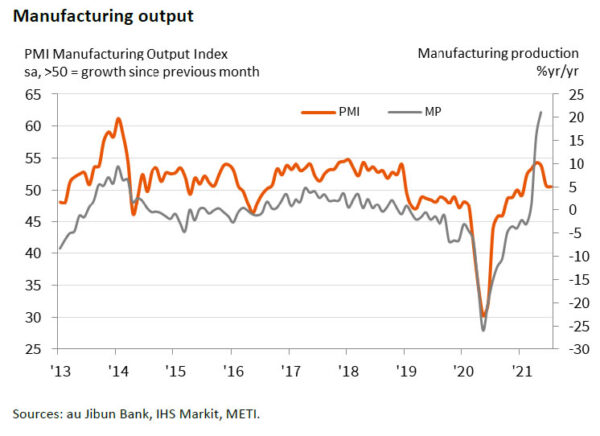
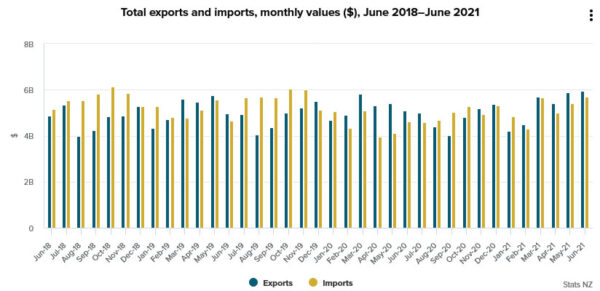
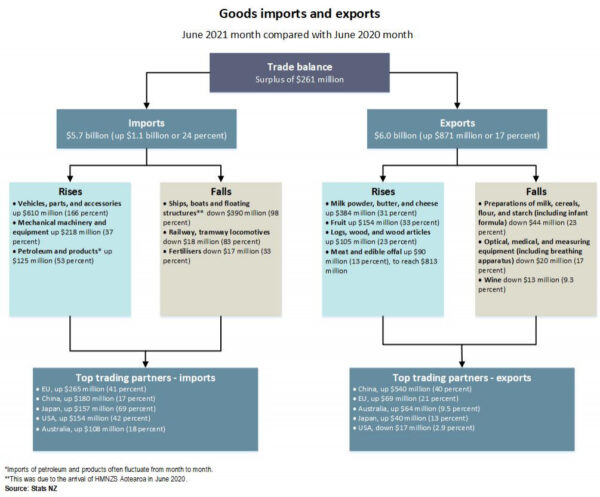
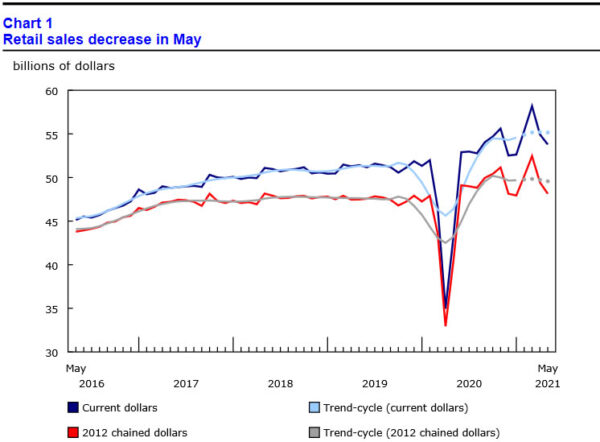
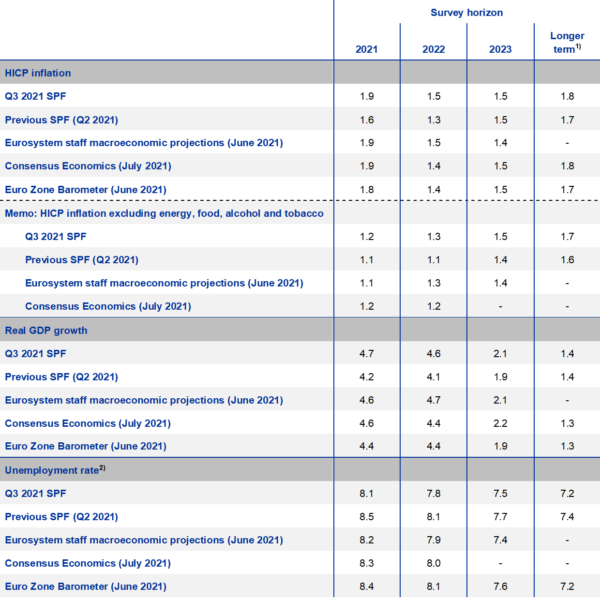
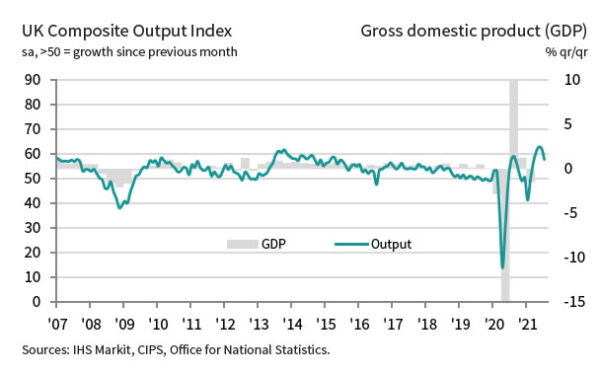
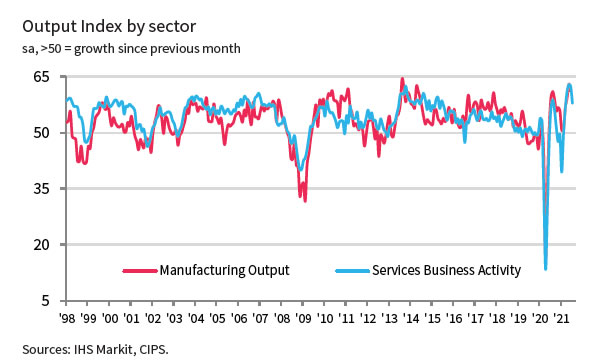
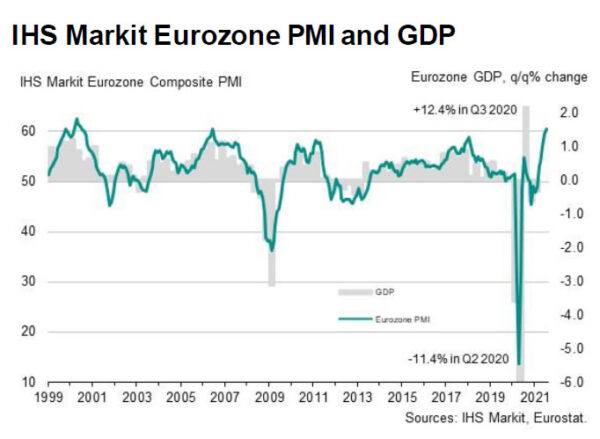
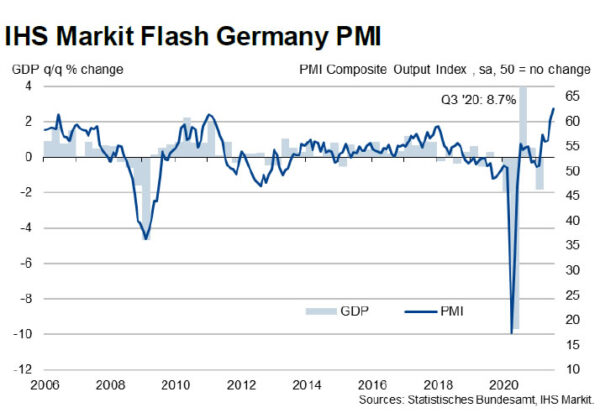
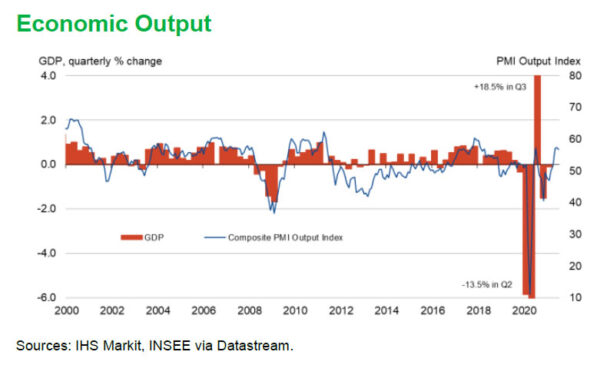

BoJ opinions: Important not to tighten prematurely
In the Summary of Opinions of July 15-16 meeting, BoJ noted that it should “continue to support financing, mainly of firms, and maintain stability in financial markets by conducting monetary easing through the three measures”
Even though core CPI is likely to increase on the back of rise in commodity prices, there is “a long way to go” to achieve target in a stable manner. Hence, it is “important not to tighten monetary policy prematurely”. Also, the “deflationary mindset is strongly entrenched in Japan”.
Full Summary of Opinions here.